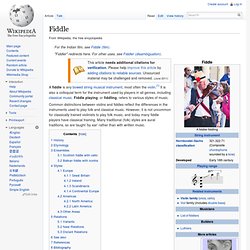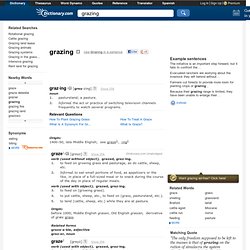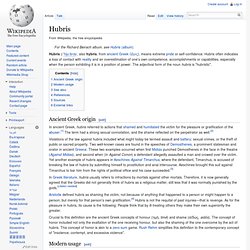

Defeatist. Define Heave at Dictionary. Emaciated - definition of emaciated by the Free Online Dictionary. Emaciated[ɪˈmeɪsɪeɪtɪd]ADJ → demacradoto become emaciated → demacrarse Collins Spanish Dictionary - Complete and Unabridged 8th Edition 2005 © William Collins Sons & Co.

Ltd. 1971, 1988 © HarperCollins Publishers 1992, 1993, 1996, 1997, 2000, 2003, 2005 emaciated[ɪˈmeɪsieɪtɪd]adj (= thin) [person] → émacié(e); [body] → décharné(e)e-mailE-mail, email[ˈiːmeɪl] (=electronic mail) emaciated Collins German Dictionary – Complete and Unabridged 7th Edition 2005. © William Collins Sons & Co. Emaciated[ɪˈmeɪsɪˌeɪtɪd]adj → emaciato/a emaciated (iˈmeisieitid) adjective eˌmaciˈation noun Kernerman English Multilingual Dictionary © 2006-2013 K Dictionaries Ltd. a. enflaquecido-a; excesivamente delgado-a. English-Spanish Medical Dictionary © Farlex 2012.
Disheveled. Fiddle. Common distinctions between violins and fiddles reflect the differences in the instruments used to play folk and classical music.

However, it is not uncommon for classically trained violinists to play folk music, and today many fiddle players have classical training. Many traditional (folk) styles are aural traditions, so are taught 'by ear' rather than with written music. History[edit] Over the centuries, Europe continued to have two distinct types of fiddles: one, relatively square-shaped, held in the arms, became known as the lira da braccio (arm viol) family and evolved into the violin; the other, with sloping shoulders and held between the knees, was the lira da gamba (leg viol) group. During the Renaissance the gambas were important and elegant instruments; they eventually lost ground to the louder (and originally less aristocratic) lira da braccio family.[5] Etymology[edit] Ensembles[edit] Peter Stampfel from the Holy Modal Rounders. Define Grazing at Dictionary. Dictionary.com Unabridged verb (used without object), grazed, graz·ing. to feed on growing grass and pasturage, as do cattle, sheep, etc.

Informal. to eat small portions of food, as appetizers or the like, in place of a full-sized meal or to snack during the course of the day in place of regular meals. verb (used with object), grazed, graz·ing. to feed on (growing grass). Define Eerily at Dictionary. Fable. Define Enviable at Dictionary. Define Hubris at Dictionary. Hubris. Hubris (/ˈhjuːbrɪs/, also hybris, from ancient Greek ὕβρις), means extreme pride or self-confidence.

Hubris often indicates a loss of contact with reality and an overestimation of one's own competence, accomplishments or capabilities, especially when the person exhibiting it is in a position of power. The adjectival form of the noun hubris is "hubristic". Ancient Greek origin[edit] In ancient Greek, hubris referred to actions that shamed and humiliated the victim for the pleasure or gratification of the abuser.[1] The term had a strong sexual connotation, and the shame reflected on the perpetrator as well.[2] In Greek literature, hubris usually refers to infractions by mortals against other mortals. Aristotle defined hubris as shaming the victim, not because of anything that happened to a person or might happen to a person, but merely for that person's own gratification.[4] Hubris is not the requital of past injuries—that is revenge.
Define Elation at Dictionary. Define Duly at Dictionary. Define Heyday at Dictionary. Define Dithyramb at Dictionary. Define Harangue at Dictionary. Define Hearse at Dictionary. Define Gallows at Dictionary. Define Dwellings at Dictionary. Bible Dictionary Dwellings definition The materials used in buildings were commonly bricks, sometimes also stones (Lev. 14:40, 42), which were held together by cement (Jer. 43:9) or bitumen (Gen. 11:3).

The exterior was usually whitewashed (Lev. 14:41; Ezek. 13:10; Matt. 23:27). The beams were of sycamore (Isa. 9:10), or olive-wood, or cedar (1 Kings 7:2; Isa. 9:10). The form of Eastern dwellings differed in many respects from that of dwellings in Western lands.